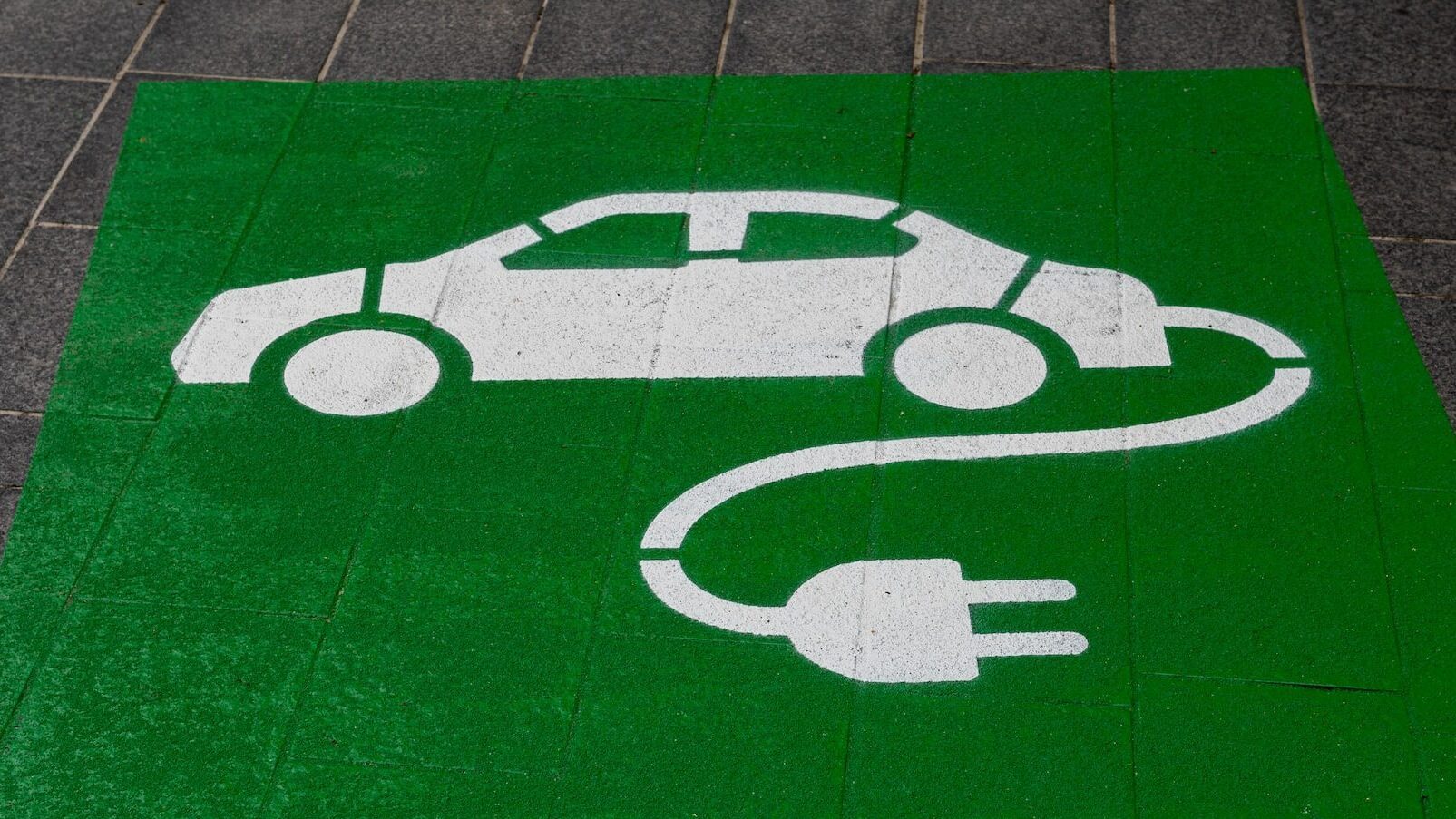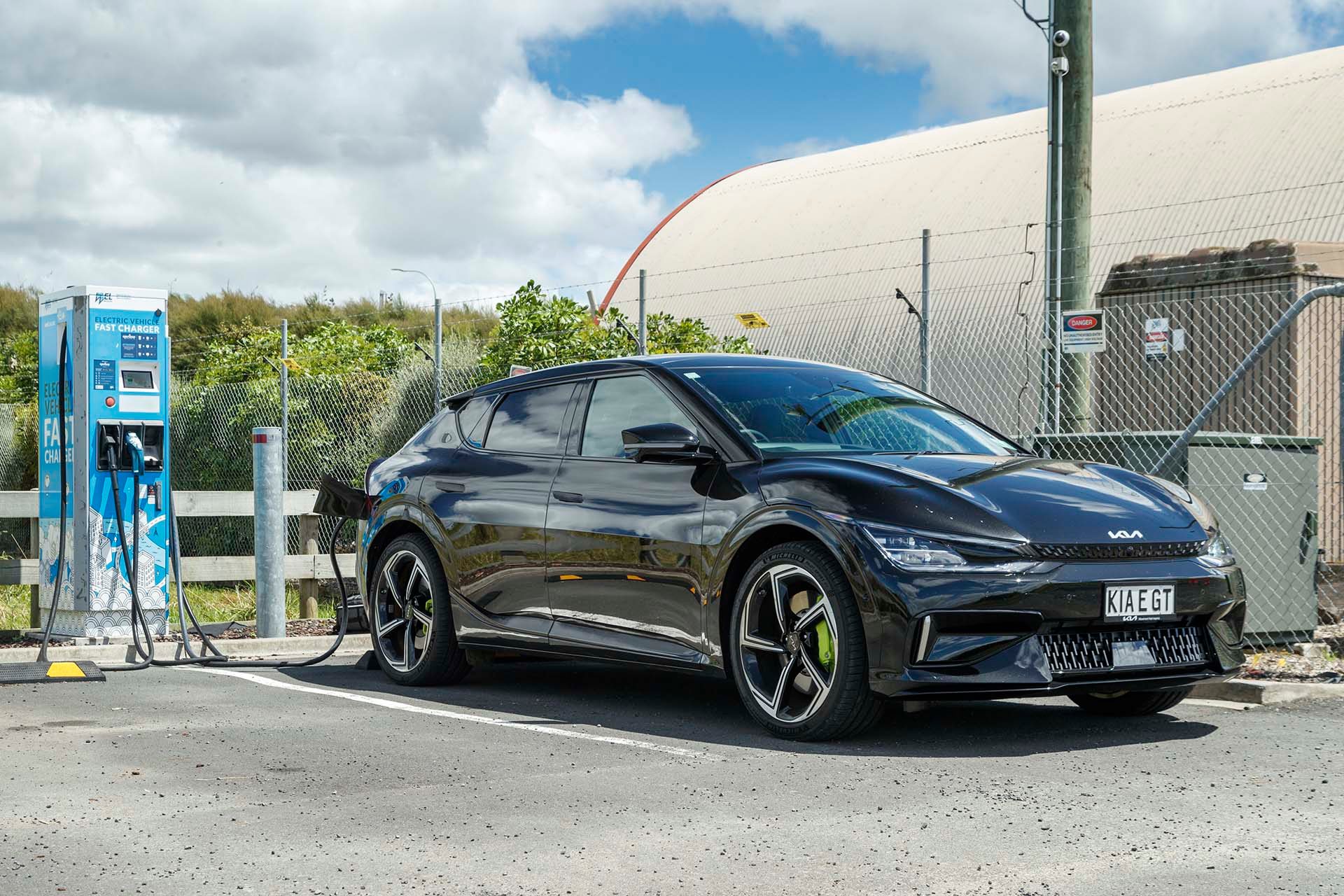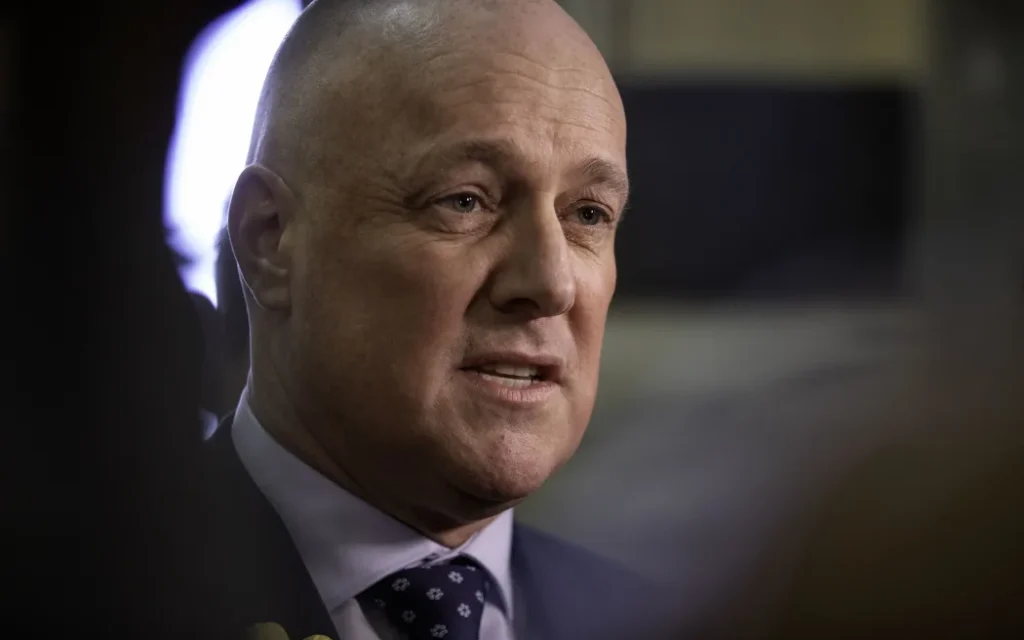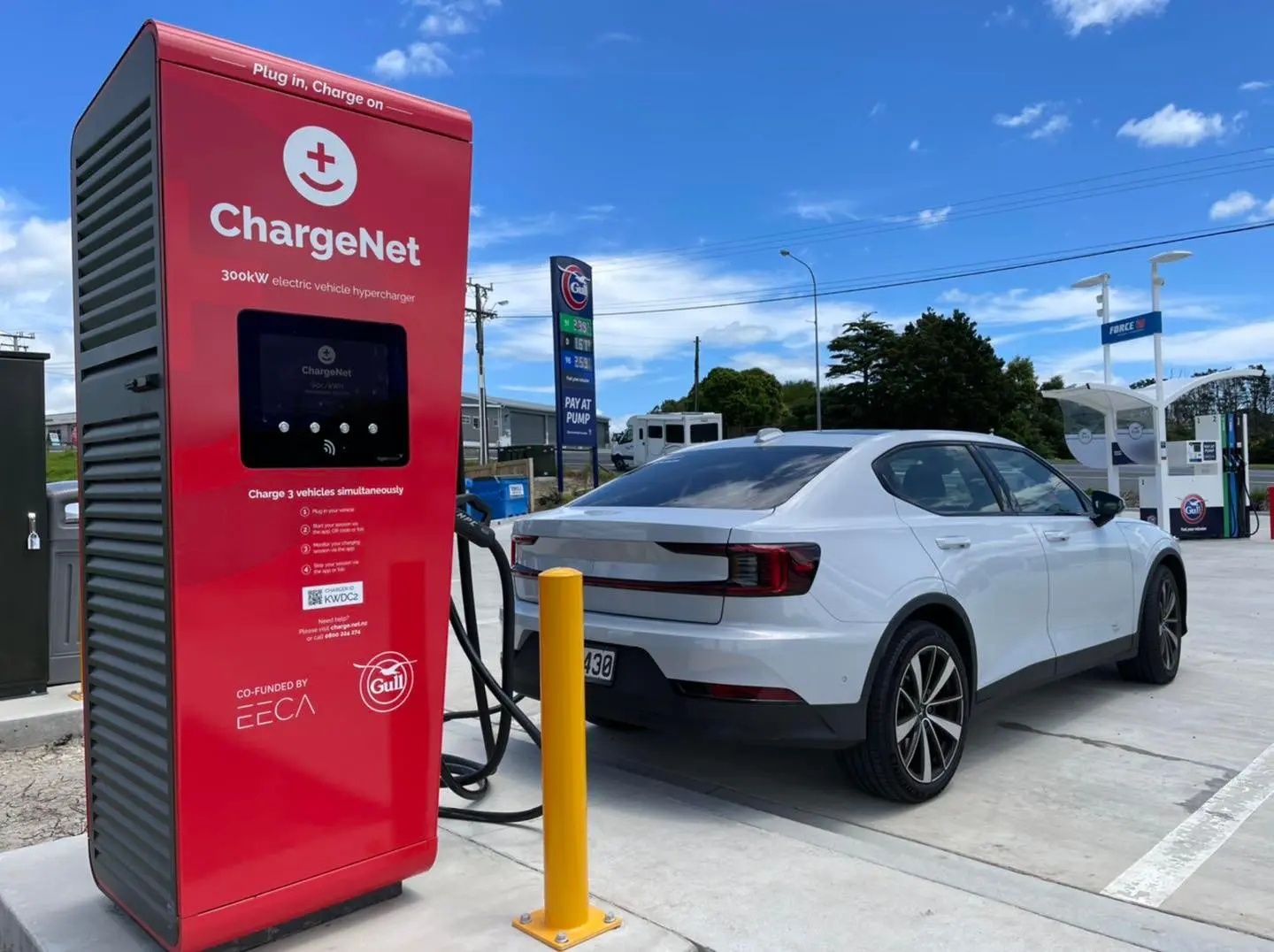If there was one pre-election National Party promise you knew was under threat post-election it was the vow to build 9000 EV charging points by 2030. After just one year the coalition government is way behind schedule, according to a Stuff report.

But then the new government had it in for EVs right from the start. The Clean Car Discount was dumped forthwith, as was the ute tax. And then zero-emissions EVs were lumped in the same road user tax as NOx- and particulate-spewing utes ($750 per 10,000km).
Most EVs are lighter than most double-cab utes, so don’t in theory cause as much road damage. Though we all know that 80 per cent of road damage, storms aside, is caused by trucks that pay less than one-quarter of the costs of building and maintaining our highways.

On the campaign trail, Chris Luxon pledged that EV drivers would have 10,000 public charge points by 2030. Funding of $257 million was set aside for this.
However, this year the Government reduced pre-allocated funding and installations fell below scheduled targets. The previous government left $105m for EV infrastructure. In the budget that was pared back to $95m.
To reach the suggested allocation, officials said that 670 chargers would have to be installed this year. To date they’ve implemented less than half that number (300,) says EECA. Evidently funding for just over 500 has been approved.
A further 520 need to be installed to keep up with growing numbers of EVs on the road, and 720 new chargers added in 2026. More than 3000 new chargers will be needed in 2030.

PM Luxon had said pre-election that New Zealand has the fewest public chargers per electric vehicle in the OECD, and hence the pledge to do better. He talked about also making it easier to install new chargers.
As EV advocacy group Better NZ suggested, the incoming Government was never serious about delivering upon its charger campaign promises.
Not so, says Transport Minister Simeon Brown who maintains the Government still has a goal of implementing 10,000 chargers by 2030.
He said that the government “will support Kiwis to have confidence when purchasing EVs that the charging infrastructure is in place.” He said they are also making the charger application process easier.

Climate Minister Simon Watts echoed Brown’s commitment. However, ACT leader David Seymour, secured an agreement in coalition talks this year that any funding for EV chargers be subject to “robust cost-benefit analysis”.
The tool to “maximise private investment” has not yet been finalised, Minister Brown told Stuff.
Each time EECA begins a funding round, a cost-benefit exercise is being undertaken, along with a value-for-money assessment ranking projects.

Green MP Julie Anne Genter said the new requirement would only slow investment. “Transitioning our transportation to electricity stacks up amazingly. It saves huge amounts of money, it reduces air pollution, reduces carbon emissions.”
She added that the EV charging proposal was the Government’s sole major policy addressing climate change. “There’s no real funding for the ambitious investment in electric vehicle chargers.”
Sean Dick, of electric vehicle advocacy group Better NZ, said “It’s obvious we need to electrify the country.” However, he said that the Government had slowed the transition to electric cars by ending the Clean Car Discount and introducing comparatively high road-user charges on EVs.


